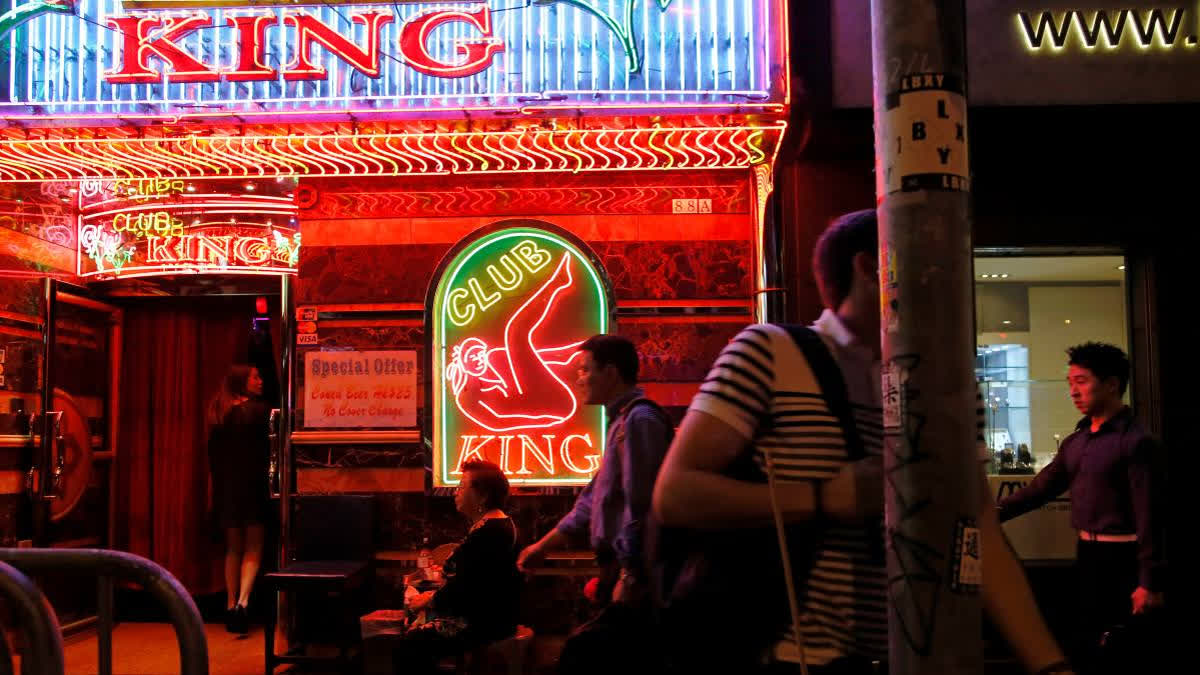Hong Kong: Hong Kong's leader announced a cut in liquor taxes on Wednesday as the Asian financial hub hopes to revive its reputation as a travel destination with a vibrant nightlife and dining scene.
After fulfilling Beijing's long-standing imperative to enact a homegrown national security law that has dramatically changed the city, Chief Executive John Lee now faces challenges with economic competitiveness against regional rivals like Singapore, Japan and mainland Chinese metropolises.
Changes in residents' lifestyles and a wave of middle-class emigration during the COVID-19 pandemic have dampened local demand. Many residents now prefer to spend their weekends in mainland China, attracted by its lower prices and a wider variety of entertainment options. Visitors from the mainland are also spending less in the city than before.
Vacant shops are commonly seen in the city's most popular shopping districts, and revenue at the city's bars was down about 28% in the first half of 2024 from the same period in 2019, preliminary official data showed.
In his annual policy address, Lee said the duty rate for spirts with an import price of more than 200 Hong Kong dollars (about $26) would be slashed from 100% to 10% for the portion above that price starting Wednesday. He said he hoped it would foster the logistics, storage, tourism and high-end dining industries.
The government previously told lawmakers that after wine duties were abolished in 2008, imports jumped 80% in a year and the city welcomed hundreds of new wine-related businesses.
Lee highlighted the city's various global rankings near the end of his speech at the legislature, but said past performance does not guarantee future success.
"We must remain confident in ourselves and uphold our morale, standing firm against any efforts to downplay our success story," he said.
Lee, a former security chief handpicked by Beijing to lead Hong Kong, pushed through the new security law in March. Critics fear the law will further curtail the civil liberties promised to the former British colony when it returned to Chinese rule in 1997.
That law follows similar national legislation Beijing imposed in 2020 to quell huge anti-government protests. Since that law took effect, many of the city's leading activists have been prosecuted, forced into self-exile or silenced. The Hong Kong government said the security laws are necessary for the city's stability.
